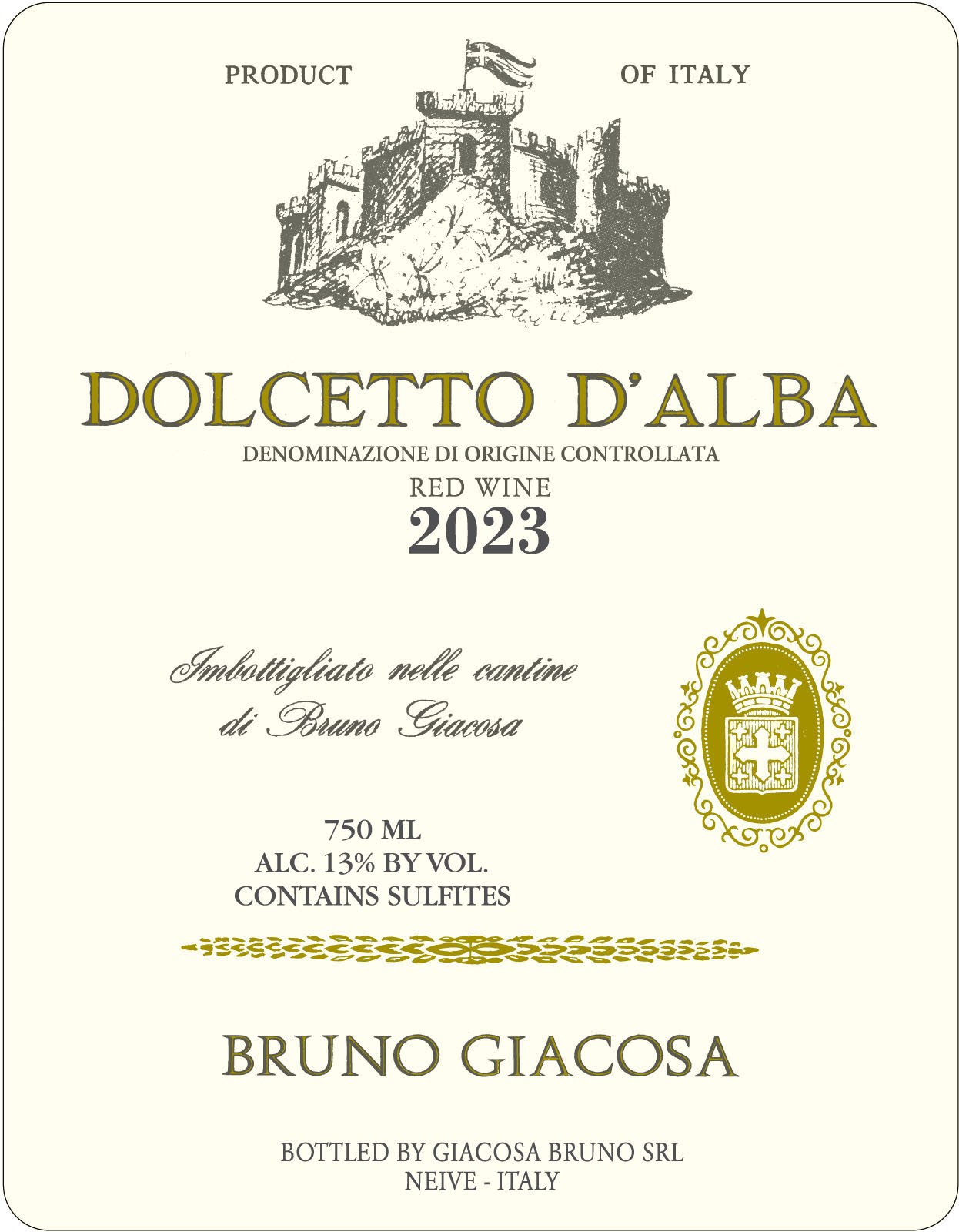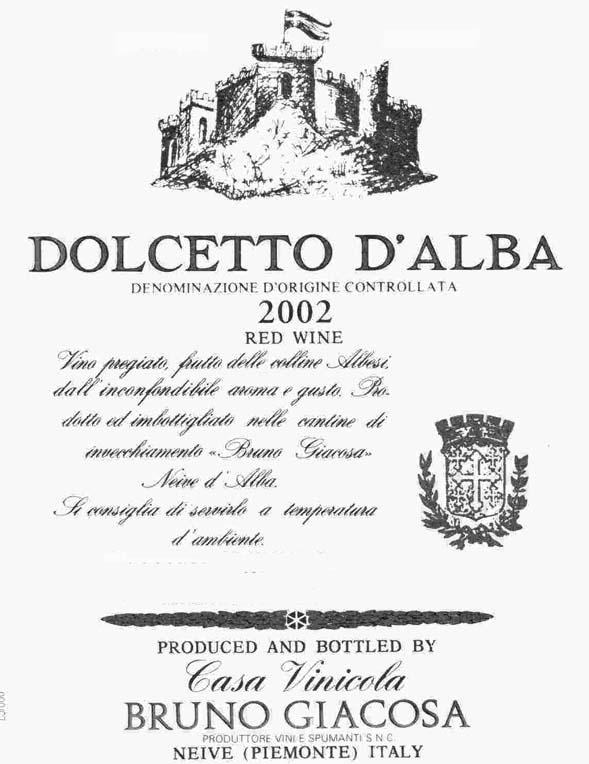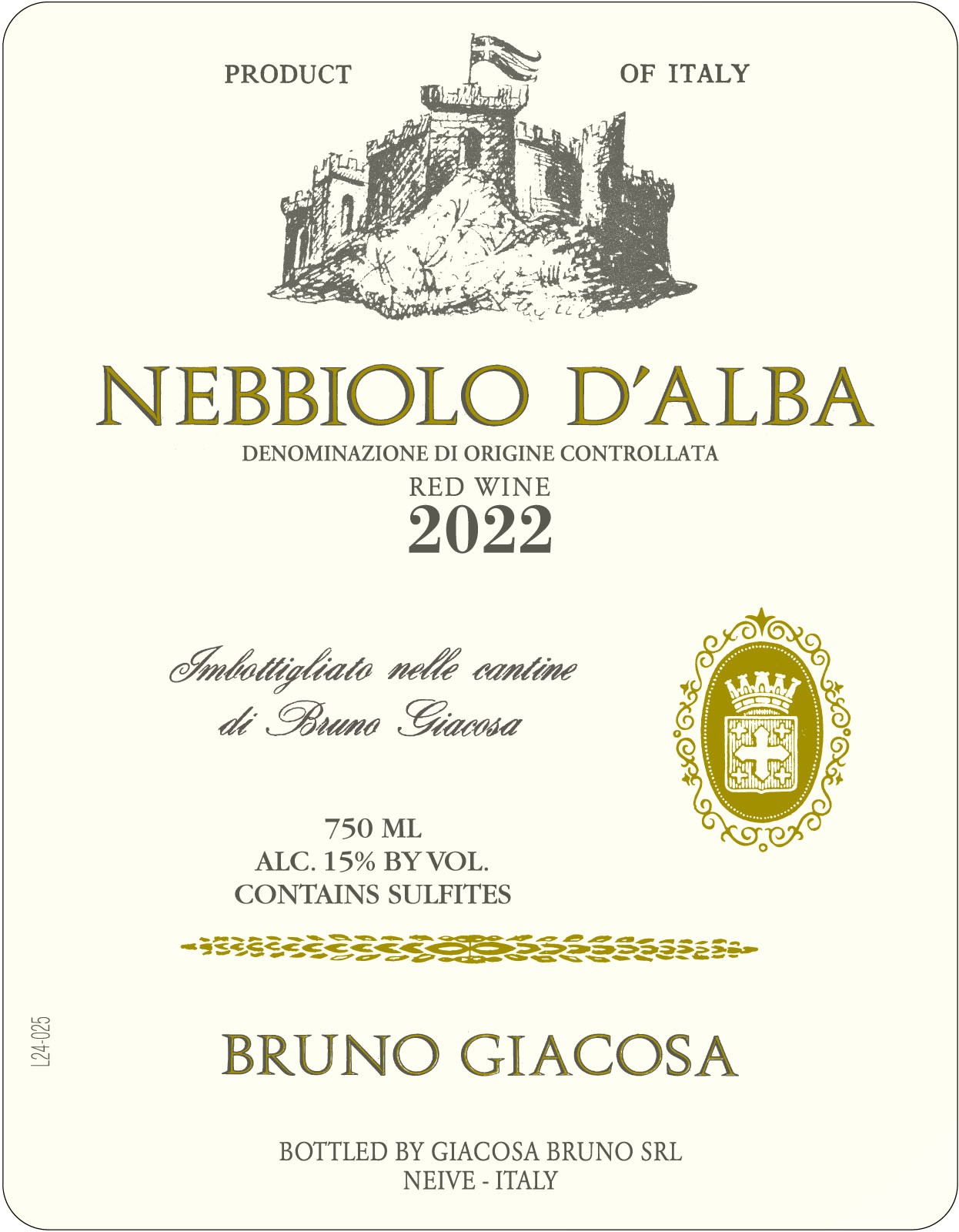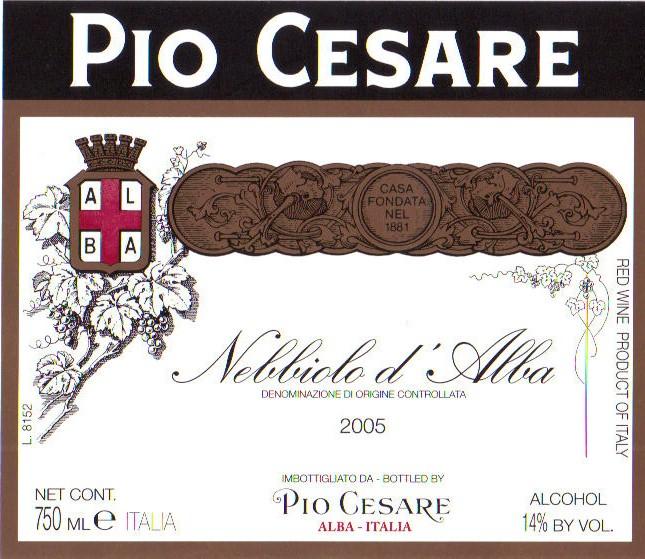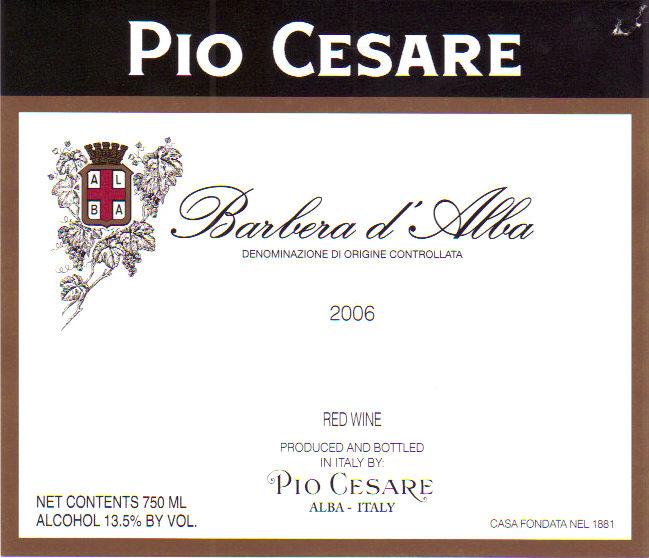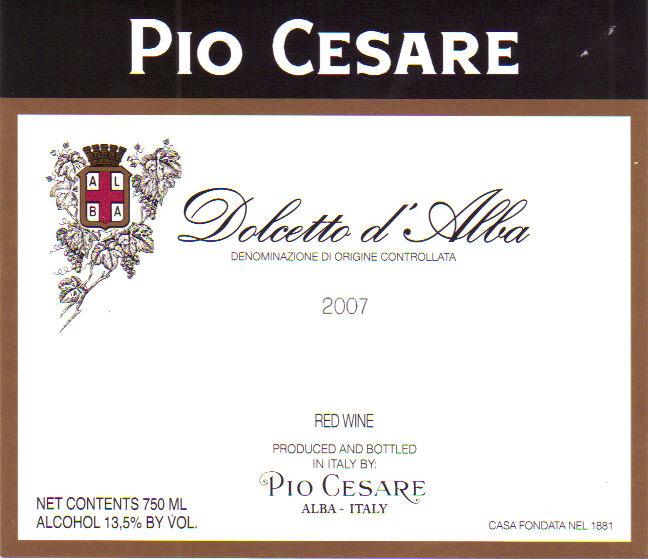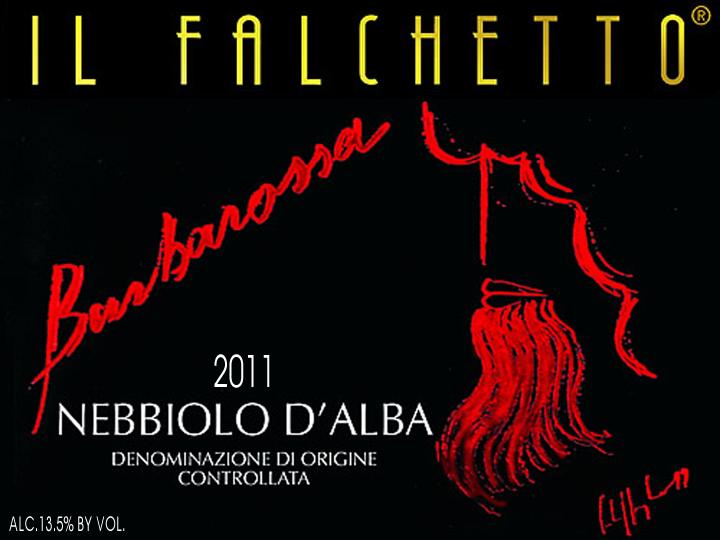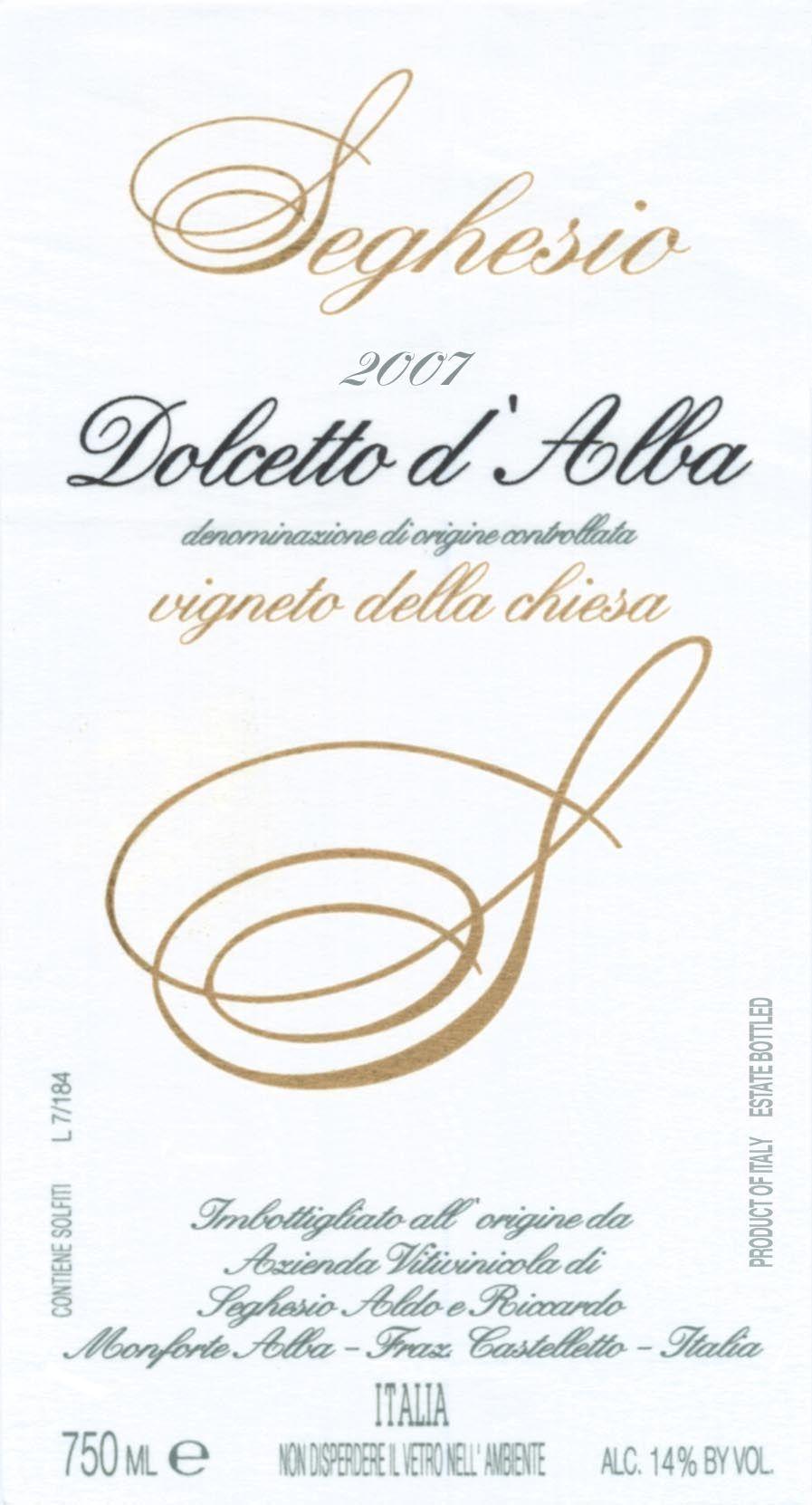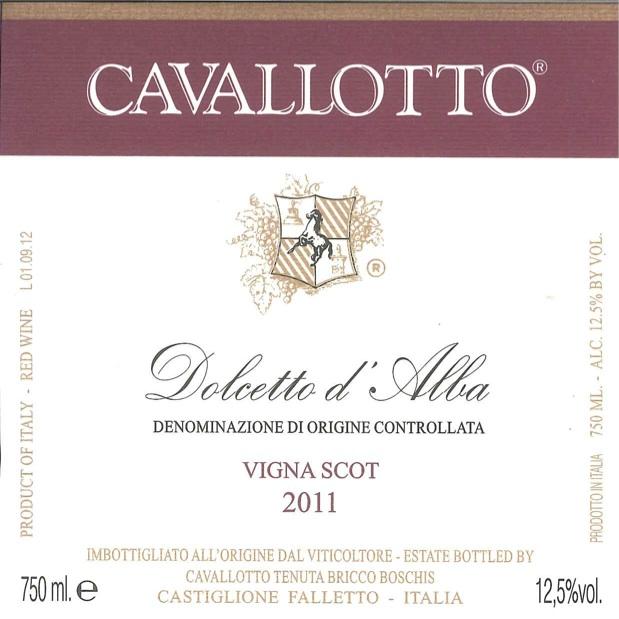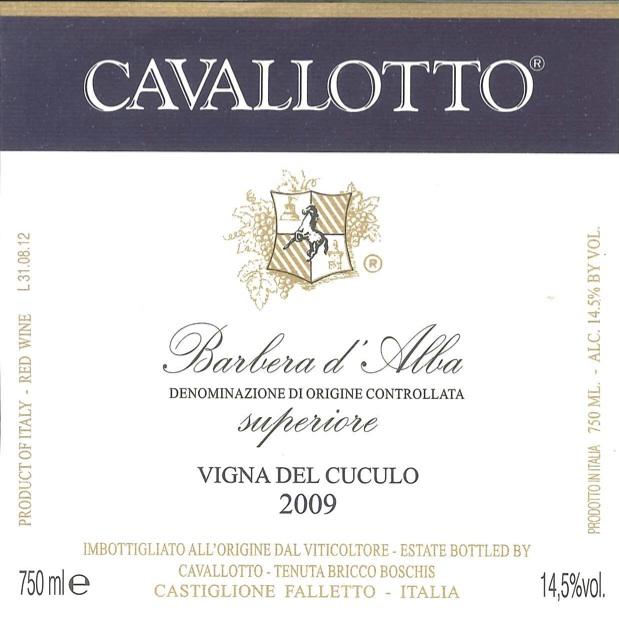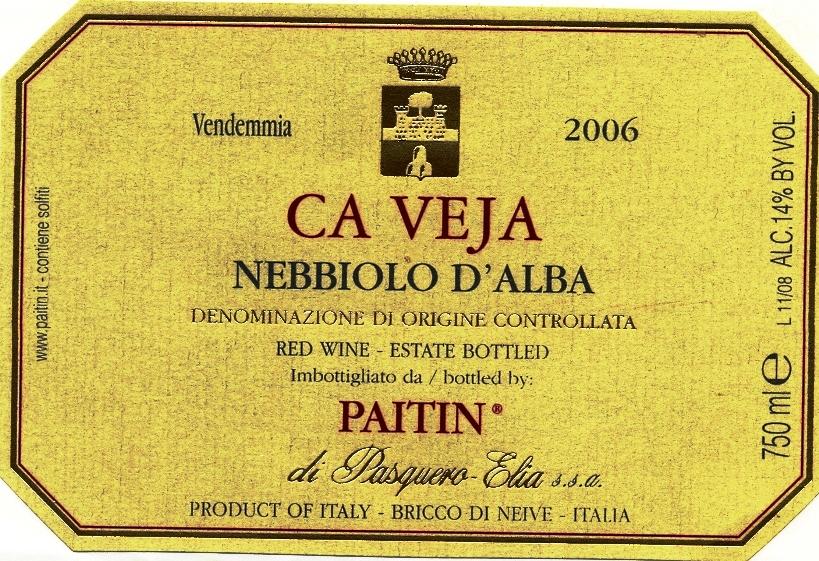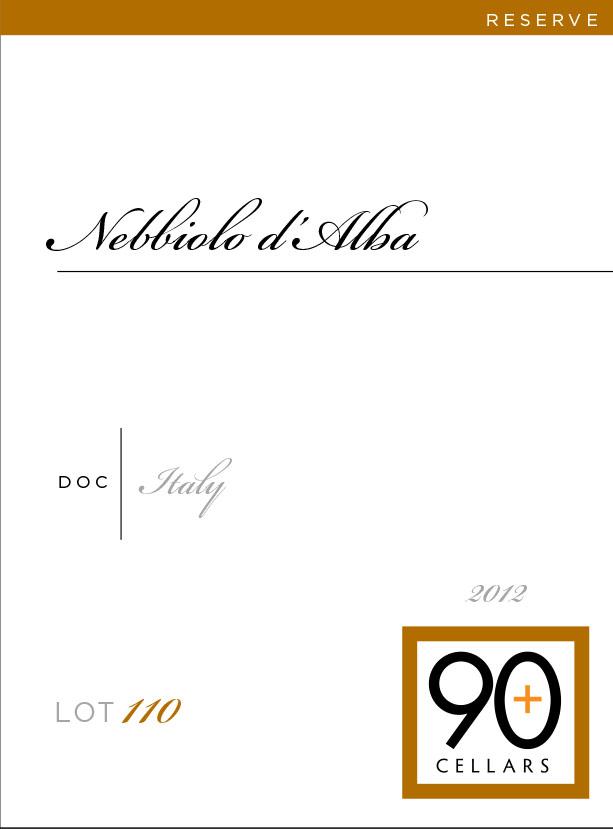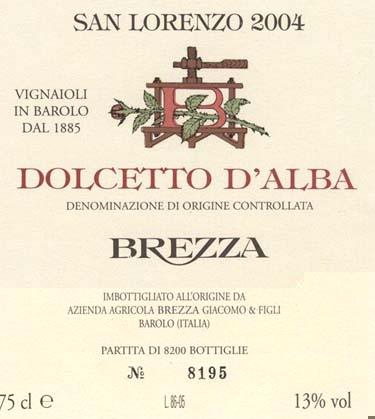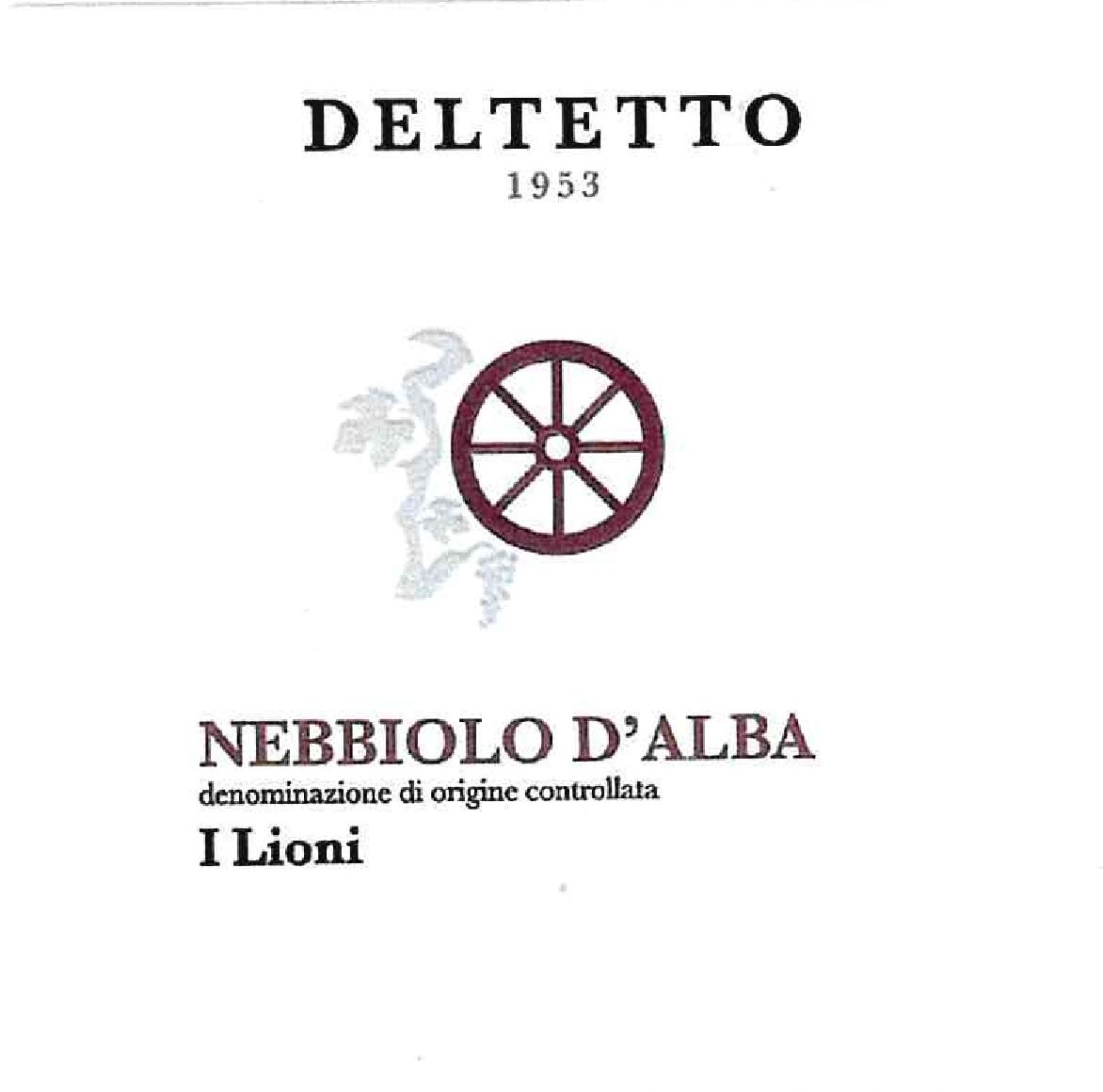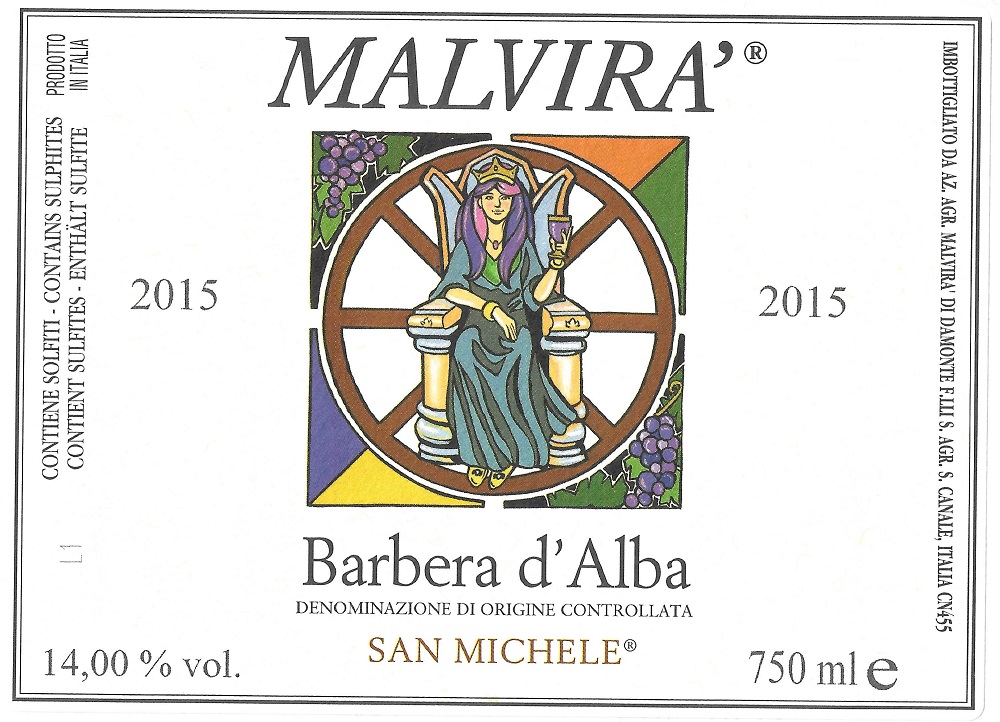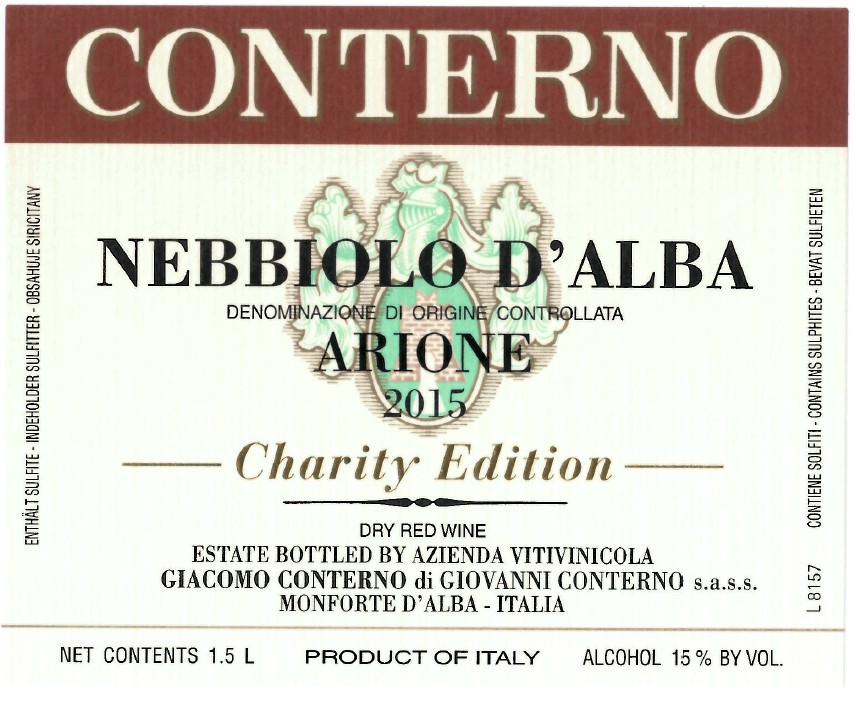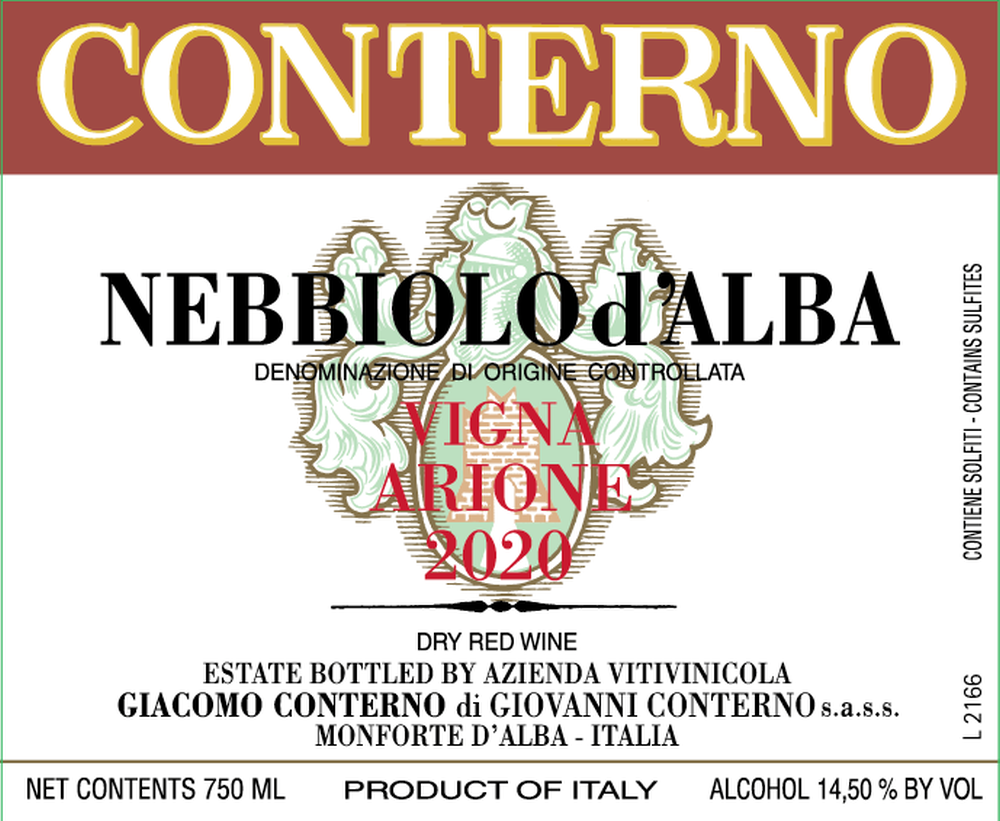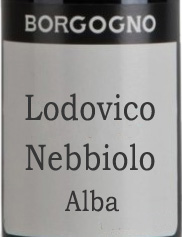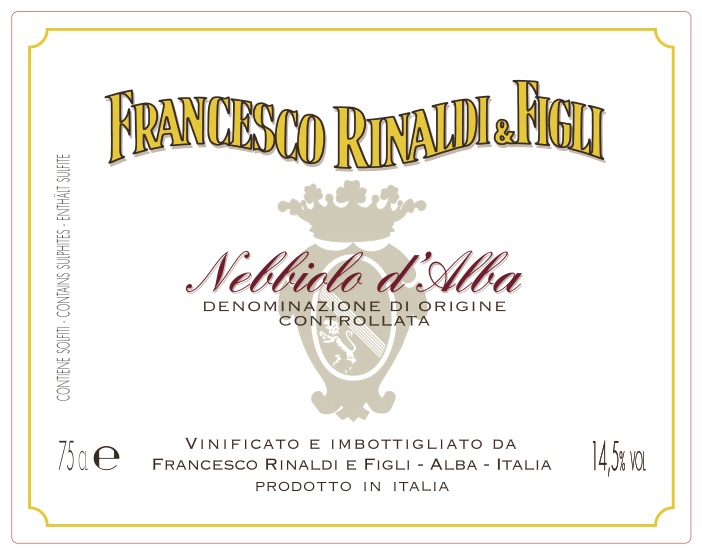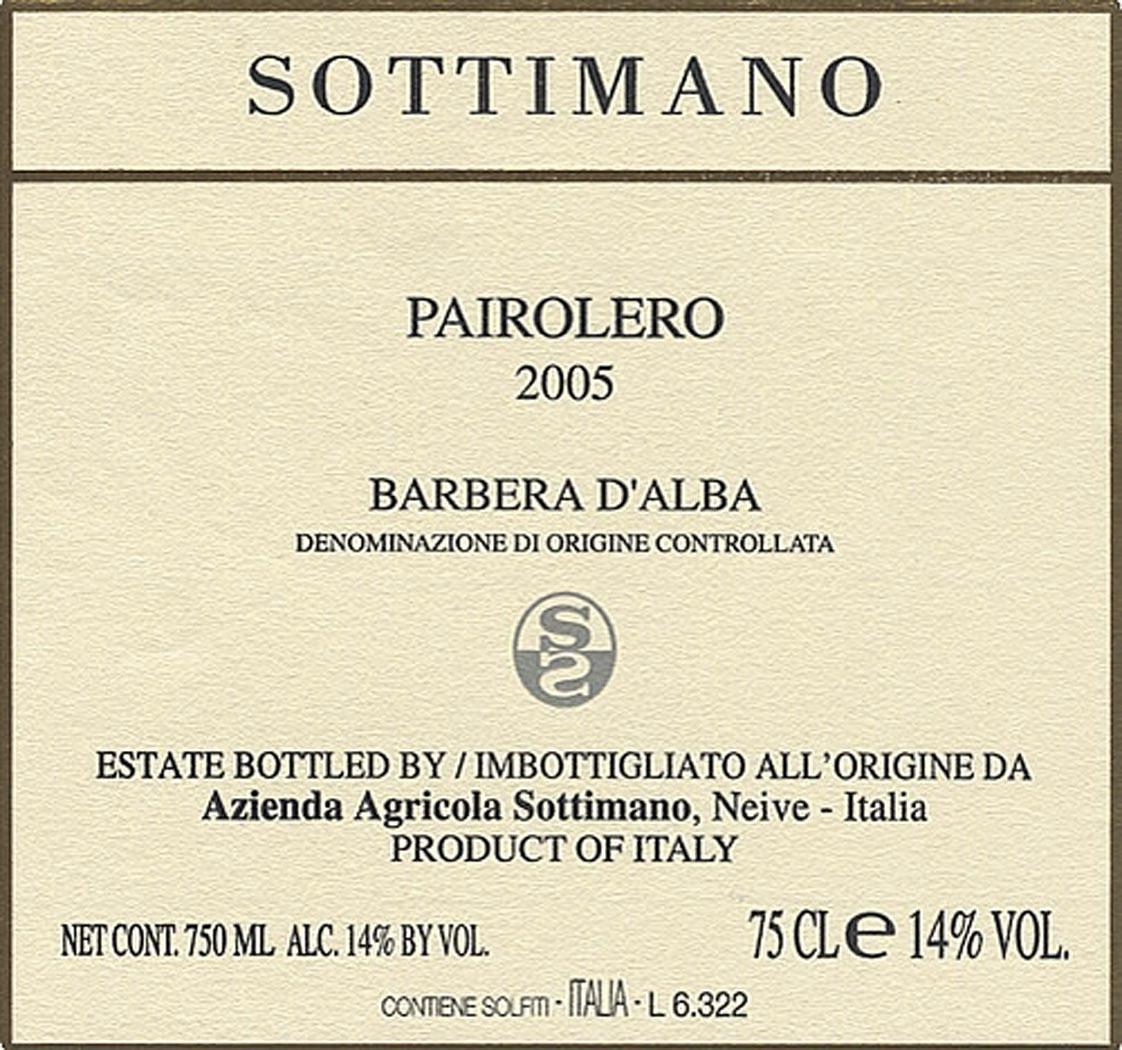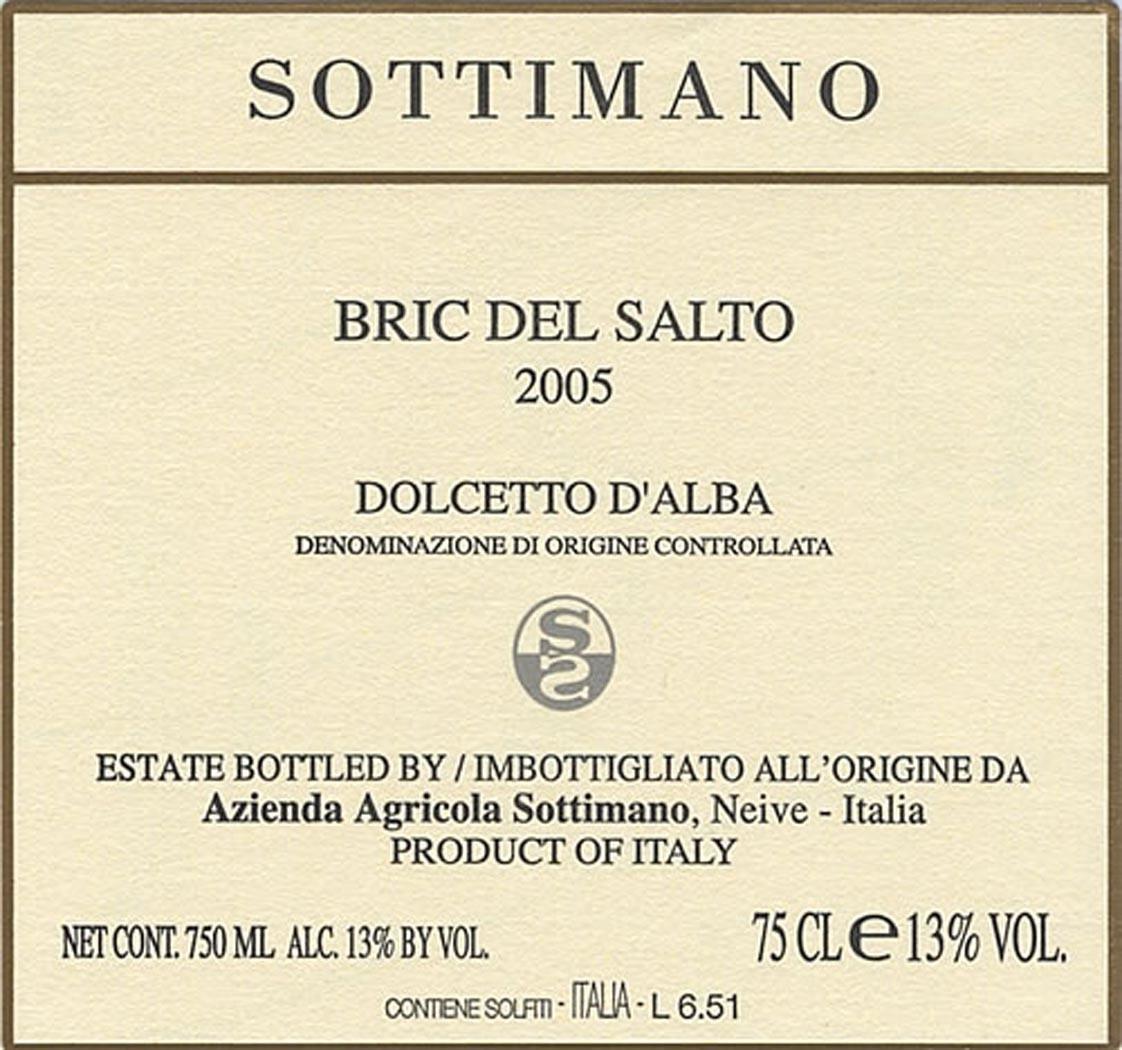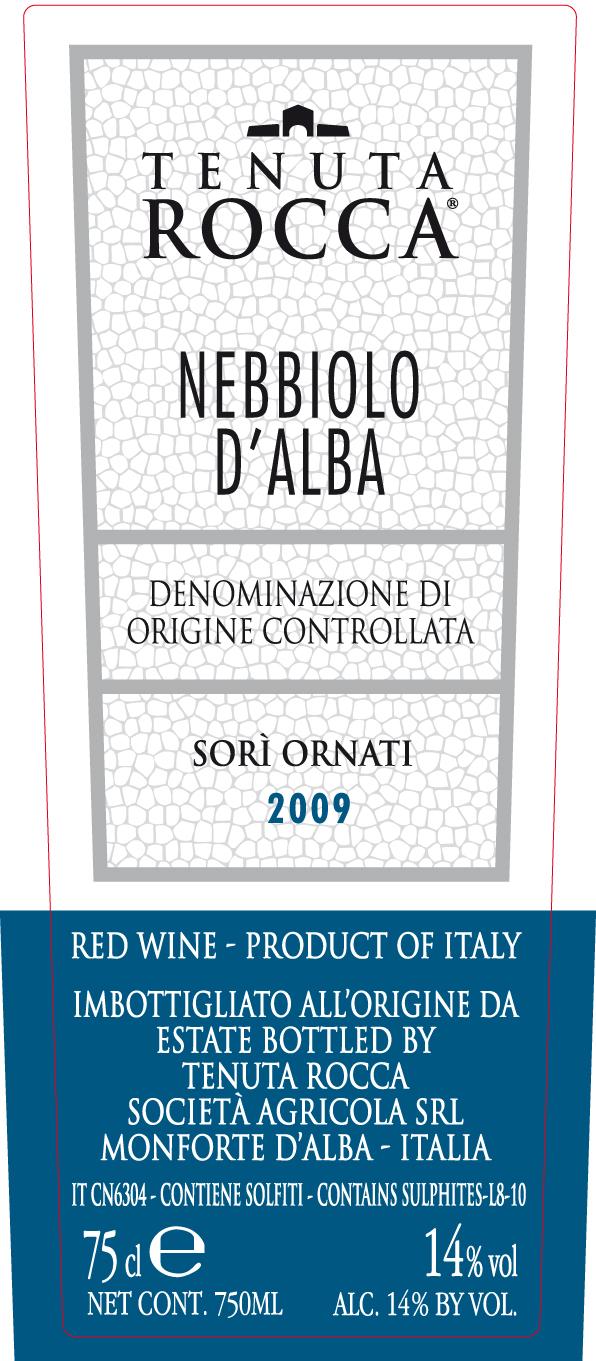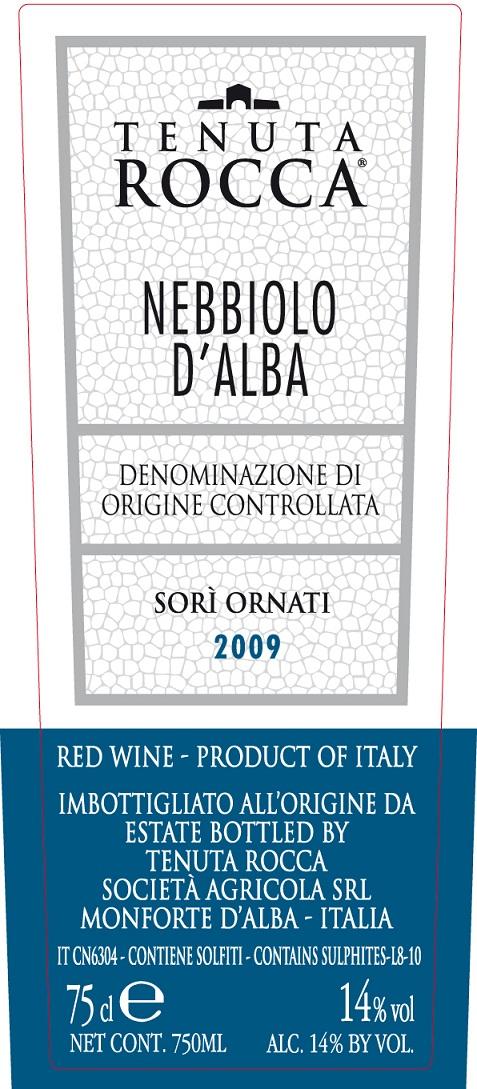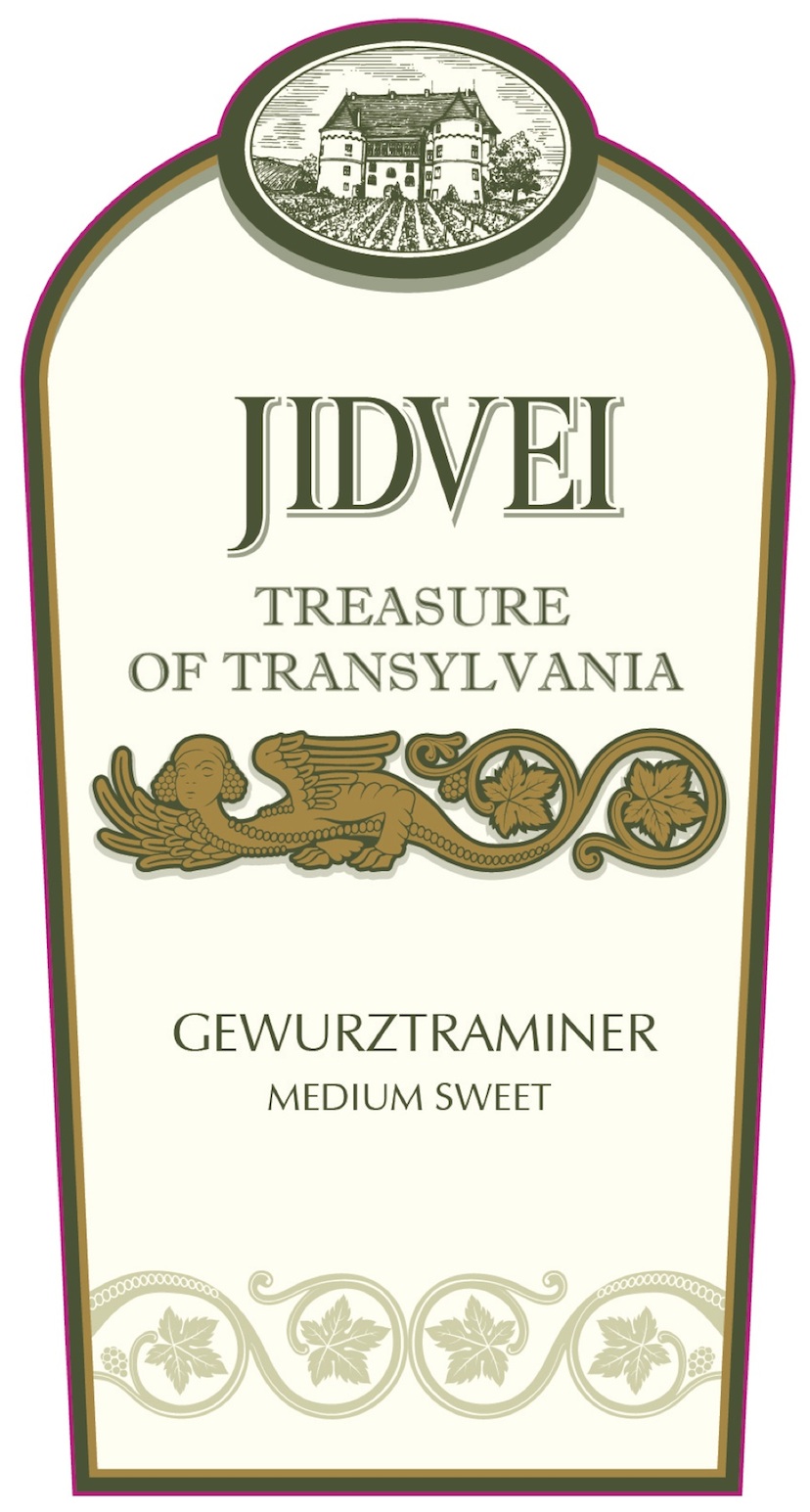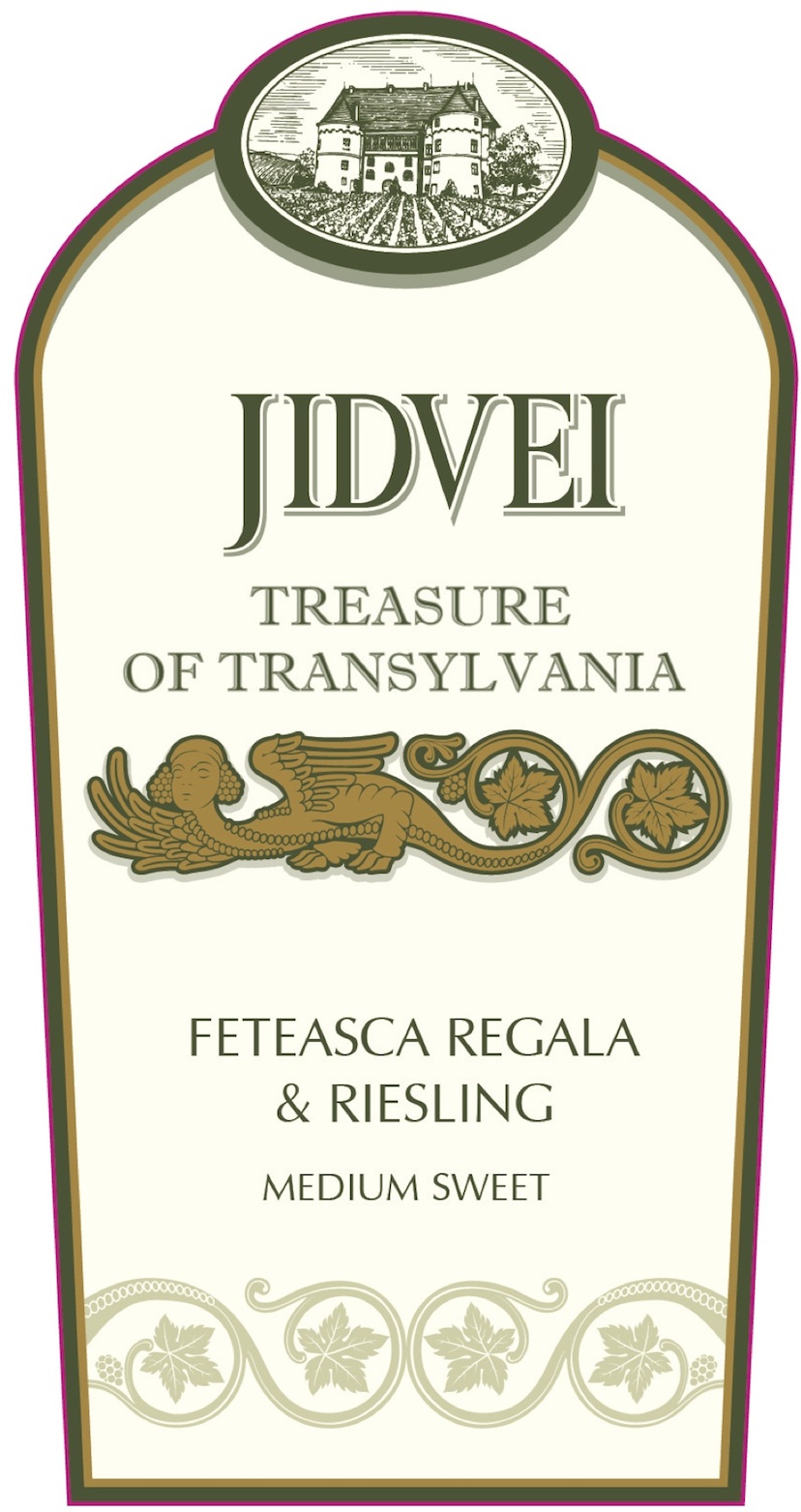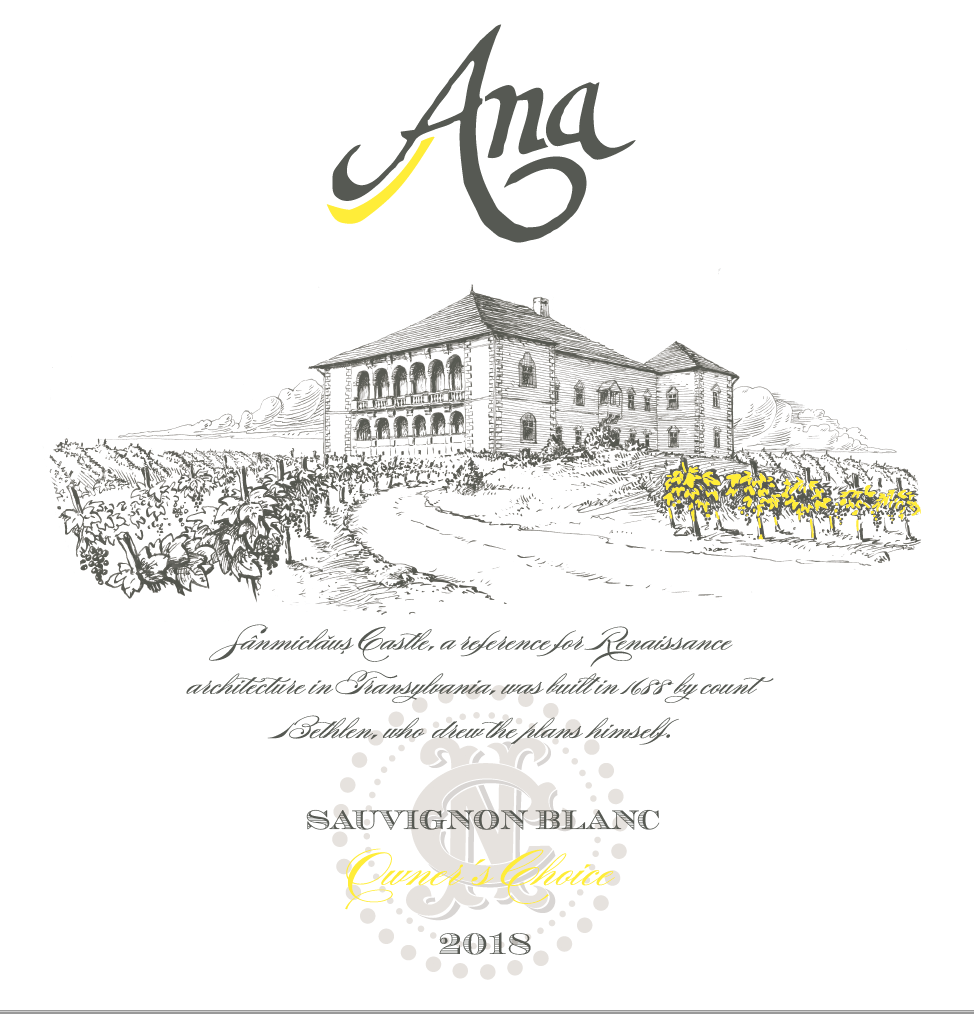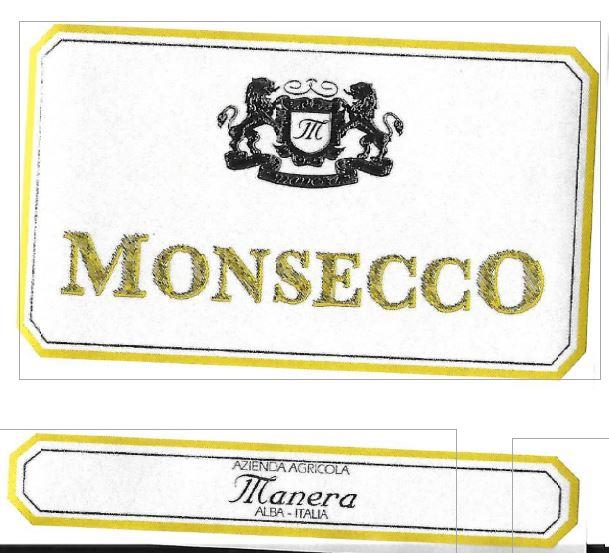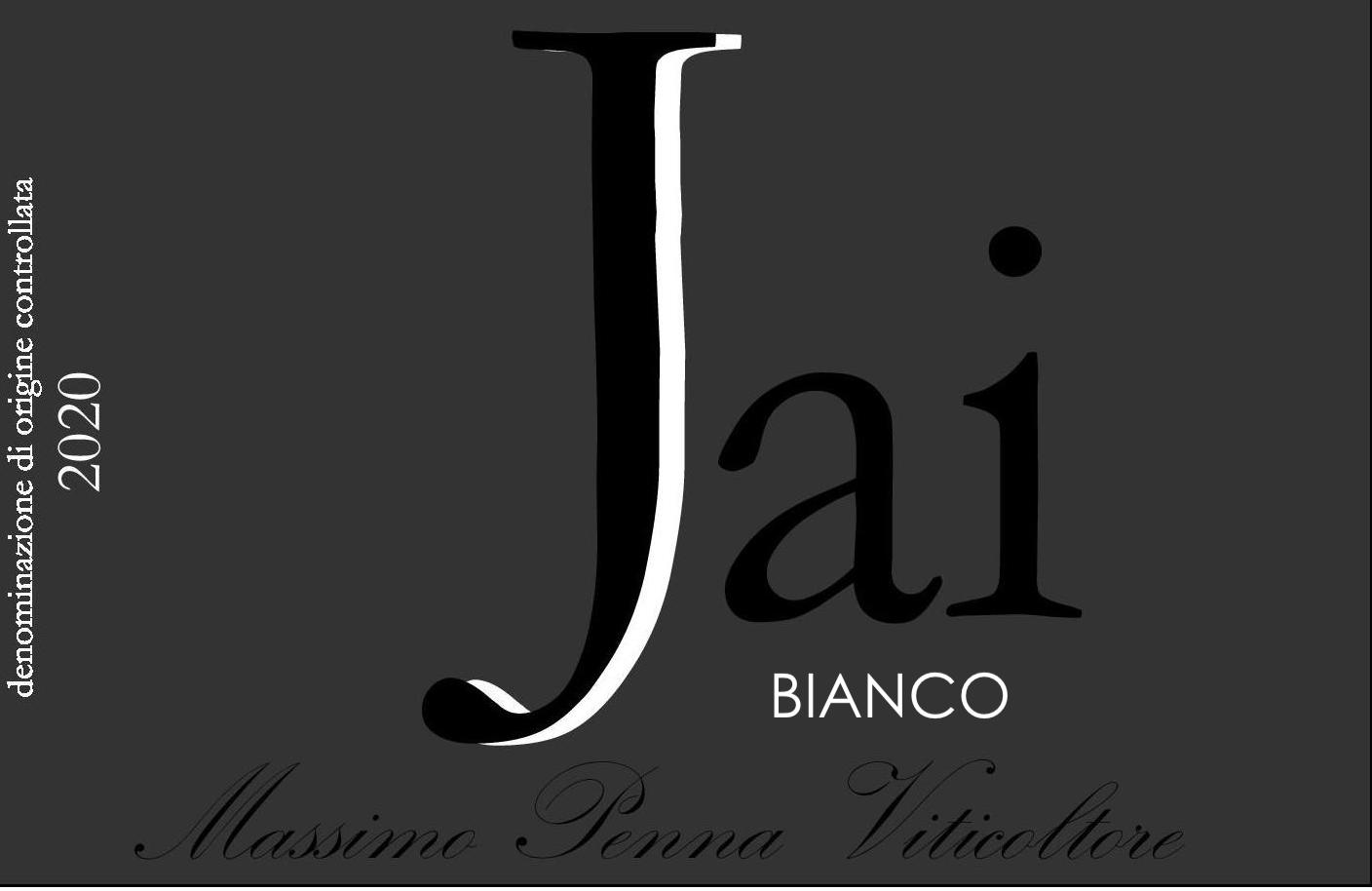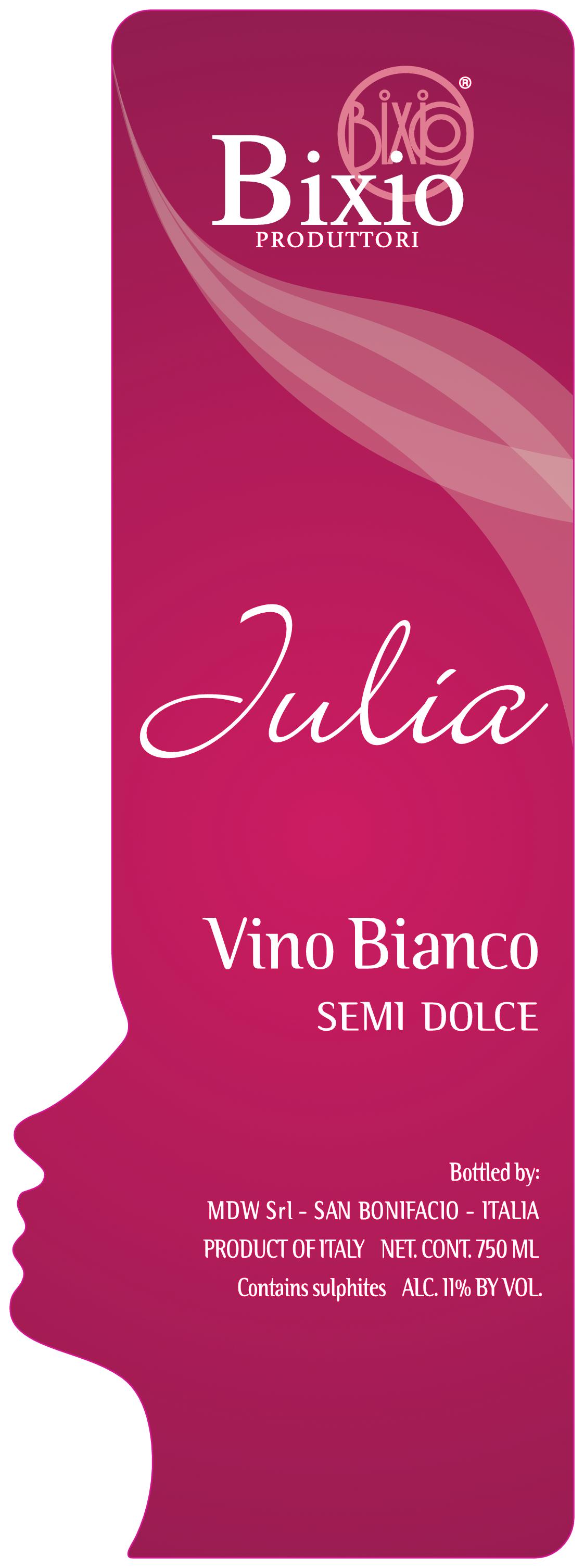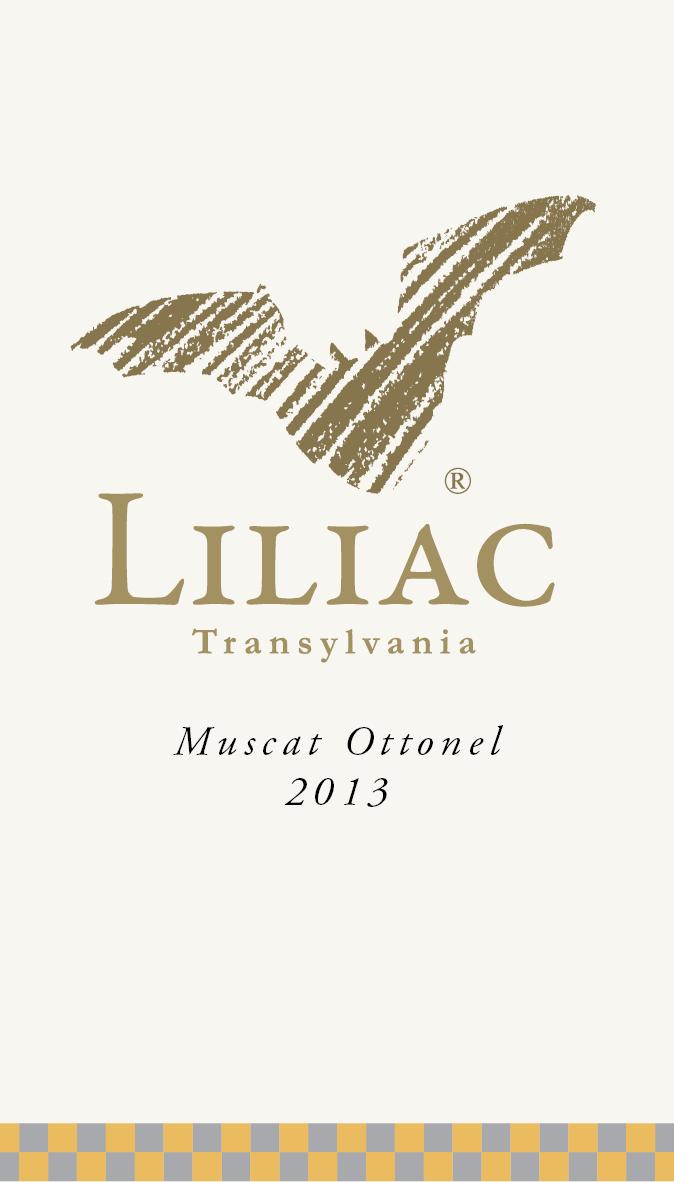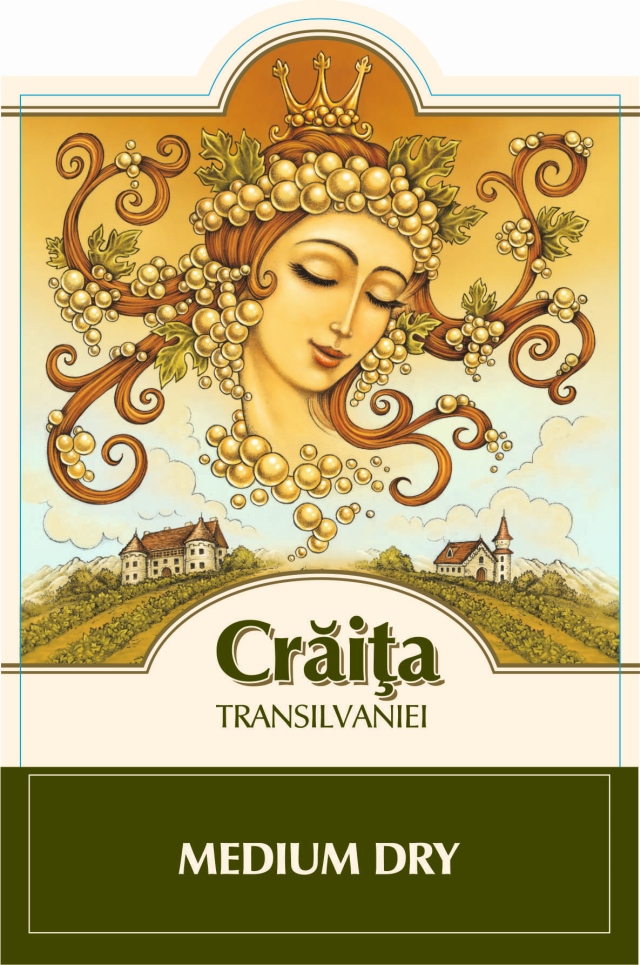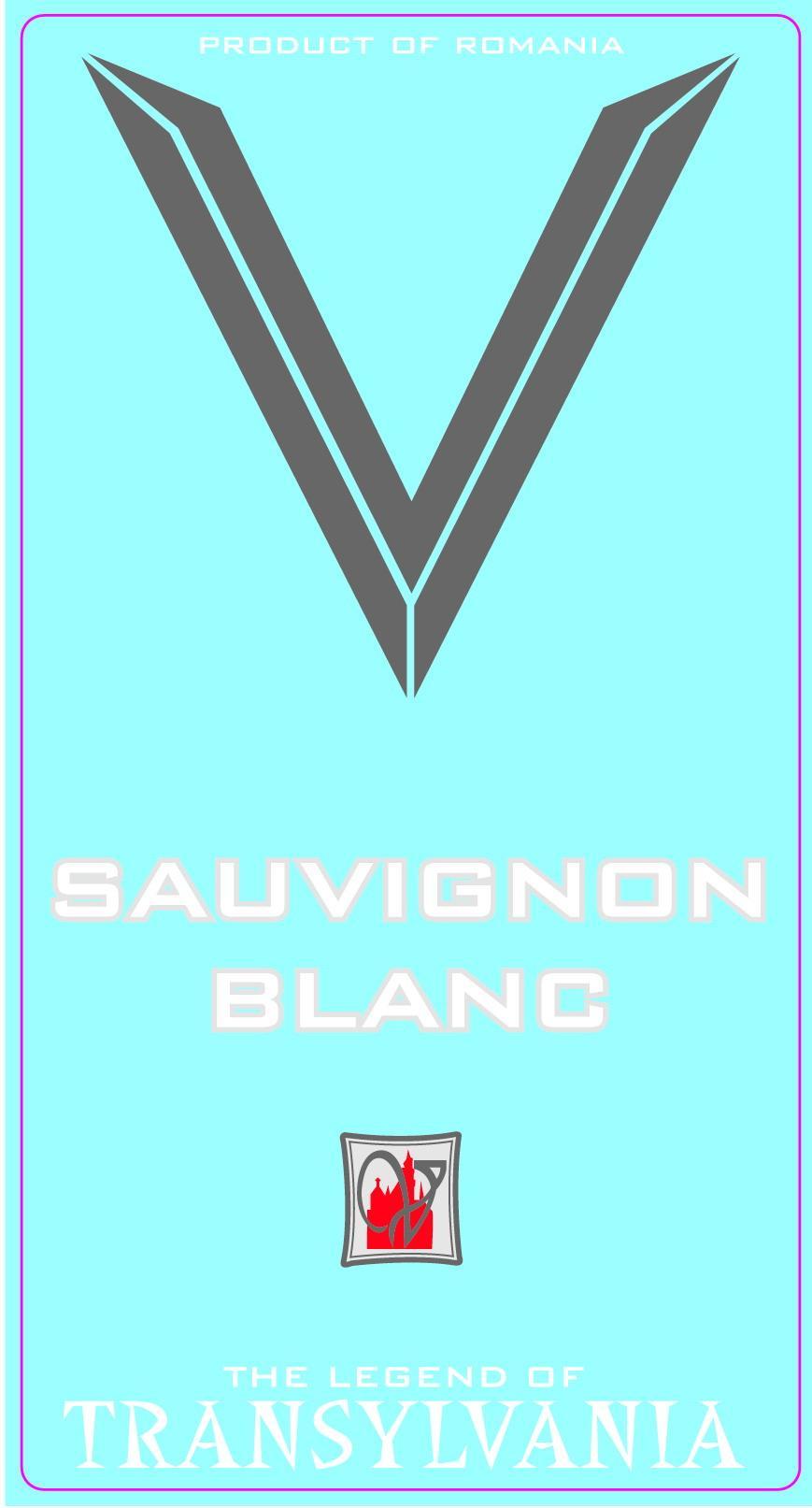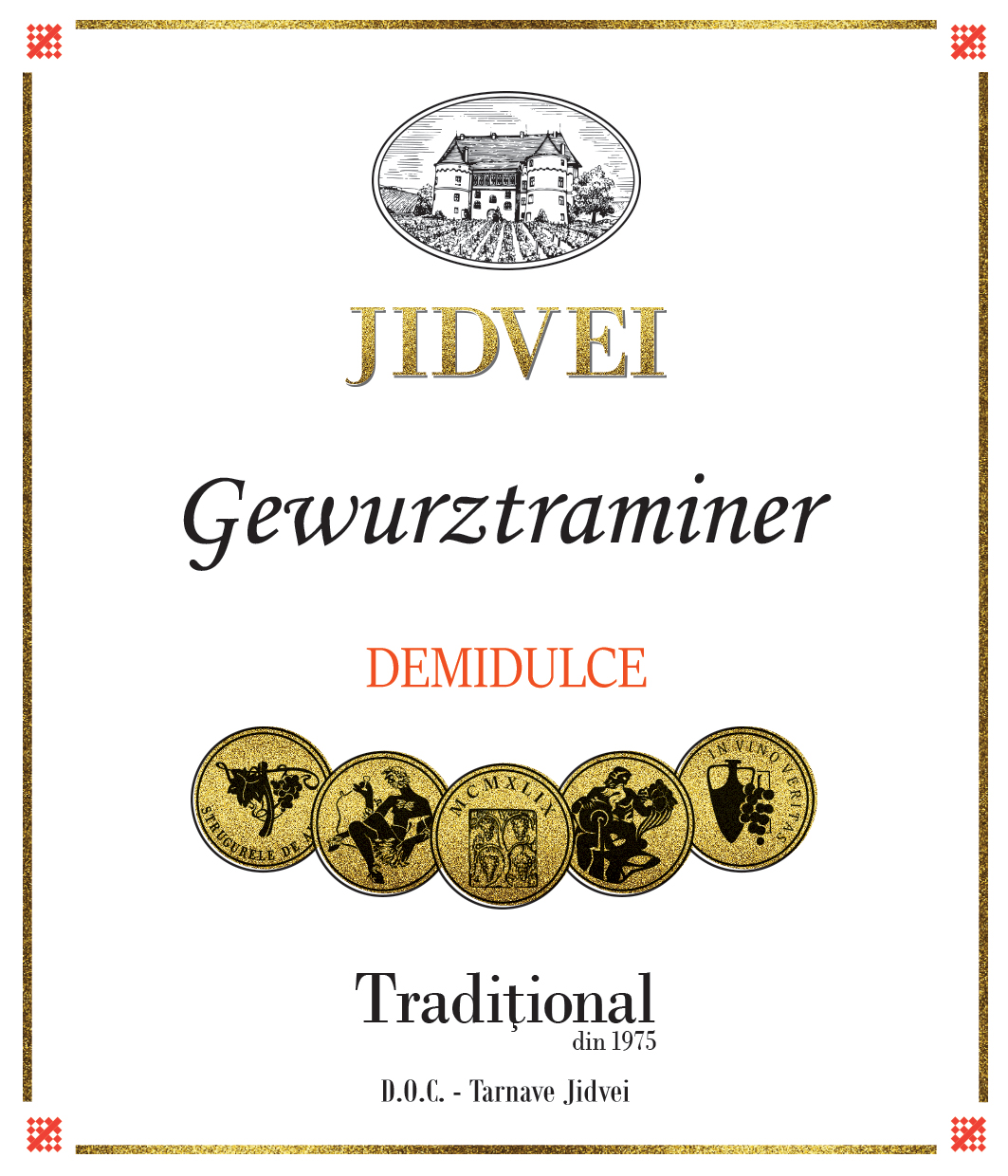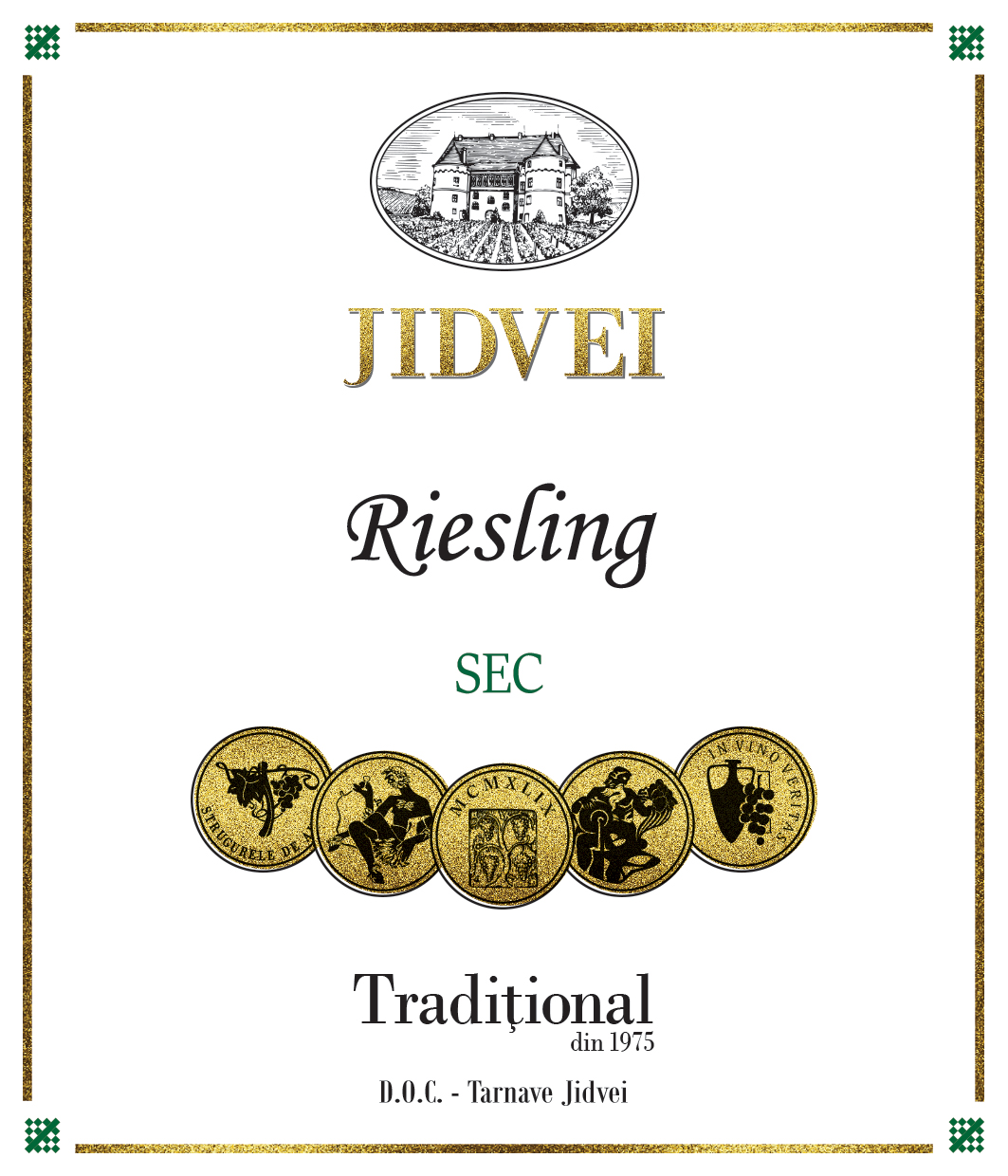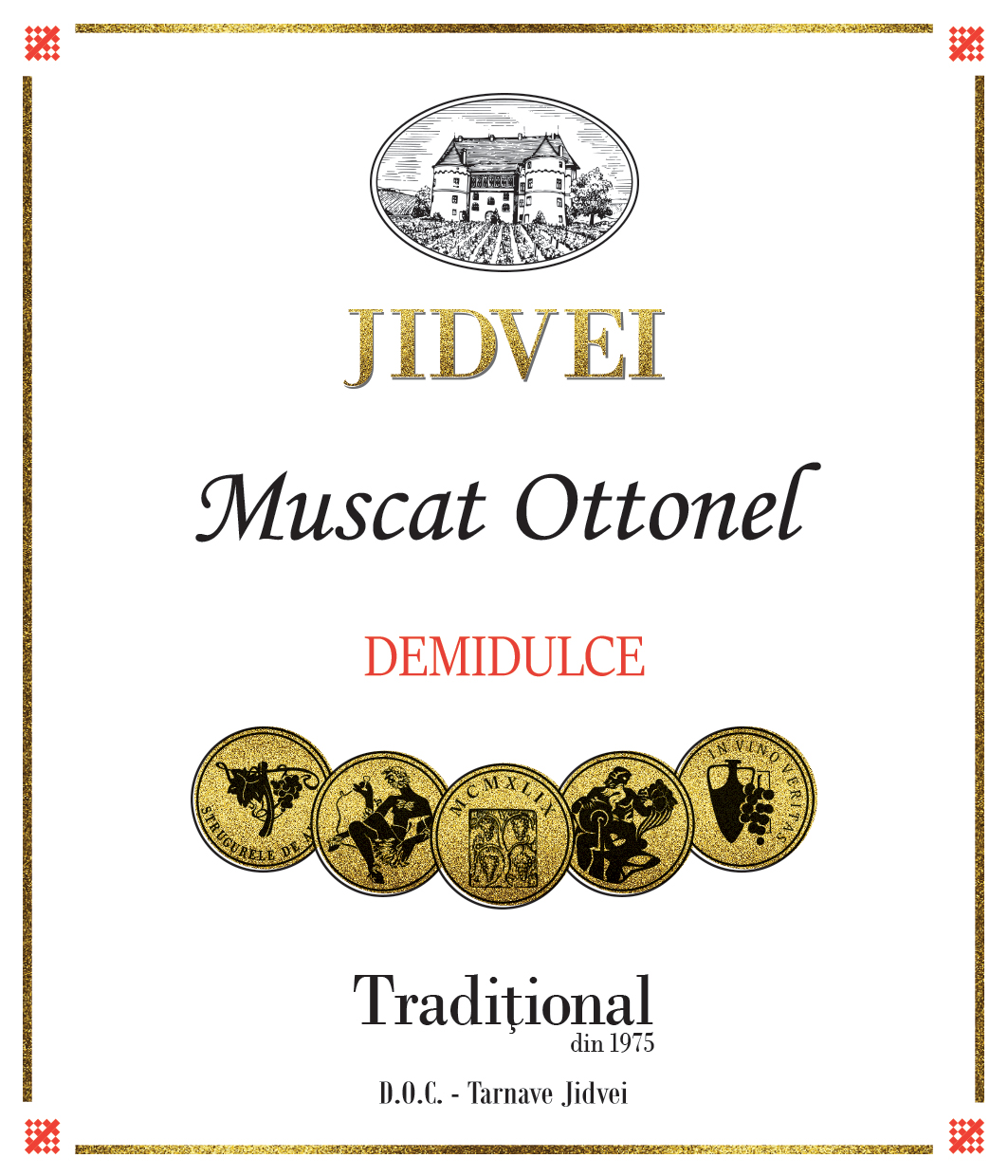Terroir of Transylvania
Transylvania's vineyards, located at elevations between 300 and 500 meters, enjoy a cool continental climate with significant day-night temperature variations. Summers are mild at 19–20°C, while winters are cold, and the region experiences a lengthy growing season. Annual rainfall is moderate, at 600–700 mm, and dry autumns provide ideal harvest conditions. However, late spring frosts and occasional hail can pose challenges for viticulture.
The diverse soils enhance the region's wines: Târnave and Alba have limestone-clay, Lechința is rich in brown loams, and Turda features saline clays. These soils add to the wines' lively acidity and minerality. The varying altitudes, sunlight, and soil textures across subzones create unique wines that focus on freshness and aromatic depth, highlighting the region's famous white and sparkling varieties.
Notable Wineries in Transylvania
The Transylvania region of Romania, with its cool climate and rich history, is home to several notable wineries that showcase the area's diverse terroir and winemaking excellence. Here are a few standout producers:
-
Jidvei: The largest estate in Târnave, renowned for its Fetească wines and sparkling varieties, offers tastings at a historic castle.
-
Liliac: An Austrian-owned boutique winery in Lechința, known for its Sauvignon Blanc, Neuburger, and sweet wines, with a modern cellar for tastings.
-
Villa Vinèa: This Italian-supported estate in Târnave specializes in Gewürztraminer, the Castello red blend, and notable Zweigelt.
-
Crama La Salina: Near the Turda Salt Mine, this winery is famous for its saline-influenced Chardonnay and vineyard restaurant.
-
Crama Jelna: A boutique winery in Bistrița, focusing on sustainable practices and reviving the Neuburger variety.
Sustainable Winemaking in Transylvania
Transylvania's wine region champions sustainability by adopting integrated and organic farming methods, supported by its lower disease risk. Vineyards frequently utilize cover crops and compost while minimizing synthetic spraying, aligning with eco-friendly viticulture. Efforts to reduce emissions include lightweight bottles and local materials. Innovative practices like gravity-driven cellars, solar power, and water recycling further demonstrate the region's commitment to environmental responsibility.
Preserving biodiversity is crucial, with massal selection nurturing rare grape varieties such as Neuburger. In response to climate challenges, vineyards employ hail nets and adjust canopy management. These strategies, alongside shared best practices, cultivate a resilient, sustainable future for Transylvania’s winemaking. By integrating tradition with modern environmental approaches, the region continues to enhance its global reputation for producing fresh, aromatic wines.
Wine Tourism in Transylvania
Transylvania combines wine tourism with rich cultural heritage and local cuisine, offering a multifaceted experience. The region's wine trails, such as those in Târnave, Aiud, and Lechința, guide visitors through picturesque landscapes and historical sites like Sighișoara's medieval citadel.
Notable wineries like Jidvei and Crama La Salina provide unique tasting experiences, with Jidvei offering tastings in a castle and Crama La Salina pairing wines with local dishes. Events like the Blaj Wine Fair and the Cluj Wine Festival spotlight local producers. With improved infrastructure such as guesthouses and clear tour signs, the region invites exploration of its vineyards and traditions. Transylvania's focus on sustainability and eco-friendly practices further enhances its appeal, showcasing a commitment to preserving its natural beauty and winemaking heritage.



